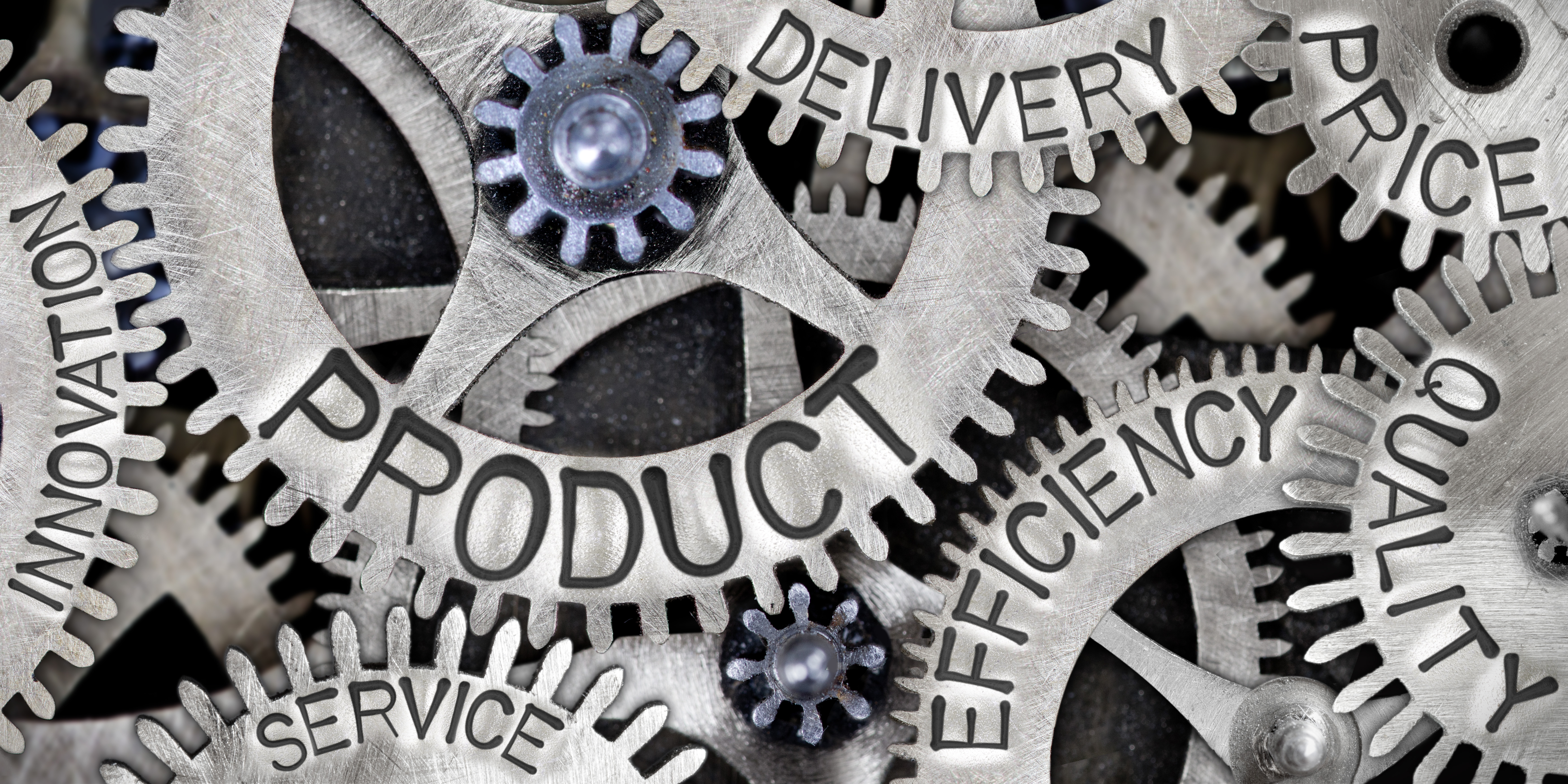It is estimated that as much as 7.6 billion tons of industrial waste is produced in the U.S. every year. That’s a lot of waste—and the result is a $57 billion waste disposal industry. Some of it is recycled… Some is transported to landfills… Some is incinerated… And still some is sold between U.S. states or countries such as China. In any case, there is an increasing amount of attention towards effective waste management for all industries, especially manufacturers.
Every manufacturer produces waste, including water, greenhouse emissions, trash, overhead and raw materials. How companies deal with disposing of waste is separate and apart from strategies for managing, limiting and eliminating waste during any manufacturing process.
Let’s start with defining waste in an industrial setting. Waste can be defined as any process that does not increase value to the customer, i.e. something a customer does not wish to pay for. There are eight commonly recognized types of industrial waste, first developed as part of the Toyota Production System.
1. Excess Processing. This type of waste refers to processes that did not conform to the customer’s specifications. Maybe you forgot to smooth a surface or omitted a process which was required. Now, as a manufacturer, you may have to devote additional resources, time and energy—which will in turn create a backlog with other orders, increasing both waste and costs.
Waste management solution: Communication is critical when manufacturing for a customer. Make sure both parties are clear about what is expected, and communicate clear instructions to employees. Follow up, confirm and follow up again.
2. Defects. All too often, manufacturing defects are cause for concern and produce products that must be discarded or reworked. Several issues result from defects, including rejection by the customer, maintenance issues, machine failures and possible future injury to workers and customers.
Waste management solution: Expert craftsmanship, quality and attention to detail should be every businesses goal and mission when manufacturing for a customer. Being perfect every time, on every order, will eliminate additional waste and ensure that your company’s reputation is flawless. Strive for the gold standard always… But if mistakes are made, consider reworks instead of throwing defective products away.
3. Downtime. Having idle machines, warehouses and employees creates significant industrial waste, including (but not limited to) overhead costs.
Waste management solution: Downsizing, regular planning and budgeting are good steps in eliminating downtime manufacturing waste.
4. Overproduction. As the word suggests, recklessly producing goods that may or may not be used produces wastes in several areas. Equipment wear and maintenance, employee over-utilization, storage and transportation are all areas of waste that increase when manufacturers overproduce. Not to mention the risk that additional products may have to be discarded if they are never purchased.
Waste management solution: Proper planning and scheduling are key. Of course, every business has to make the proper financial evaluation as to whether overproduction might save revenue because of reduced cost in raw materials… But this may always be counterbalanced with manufacturing waste on the tail end of the process.
5. Inventory. Inventory and overproduction almost go hand-in-hand. But there is one slight difference. You may have inventory (which requires storage, security and maintenance costs), yet may not have overproduced any products.
Waste management solution: Clearly, many industries need to have inventory on hand for their customers. However, recognizing how inventory contributes to waste is the first step toward reducing inventory waste. Identify the costs of storing inventory and have regular evaluations and strategy sessions to either decrease inventory or store inventory in a more efficient manner.
6. Transportation. Transporting products, materials and machines produces such waste as greenhouse gases, increased wear and tear and necessary maintenance of vehicles or equipment. This could also include transporting employees to and from work.
Waste management solution: Finding efficient transportation routes, considering shortest distance, reduced time in traffic and coupling of goods and materials on one-way and round trip rides.
7. Motion. This generally refers to the motion (flow of movement) of employees and products within a facility. Long walks to the restrooms, production sites or inventory facilities can waste employee time and/or equipment used for transportation.
Waste management solution: Proper design layouts within a manufacturing facility can reduce wasted time and costs.
8. Management. Most of the above waste can be effectively reduced by effective management. However, there still is the issue of both under-utilizing employees’ strengths and reducing areas of weaknesses or shortcomings.
Waste management solution: Training management for leadership and supporting a culture of employee optimization—including regular employee assessments and training sessions—may be key in reducing management waste.
Another resource for manufacturers in the effort to reduce manufacturing waste is called Energy Star Portfolio Manager, designed by the EPA. This program is free and allows companies to track waste and recycling efforts. Further, this program may help companies improve sustainability, reduce expenses and lower greenhouse gas emissions.
Remember, the first step in effectively managing manufacturing waste is to identify all the areas within the manufacturing process where waste occurs. With this information, companies can begin to take additional measures in streamlining their processes, optimizing efficiencies and reducing costs… all while being socially responsible in reducing waste in our communities.
PRIDE. COMMITMENT. EXCELLENCE.
Most people don’t think too much about the trash we throw away… But some of us think about it a lot. At Patriot Sanitation Management, we’ve made it our business to figure out how to manage waste better. To learn more about our services, contact us today: (919) 773-8008 for your free commercial waste removal estimate.



